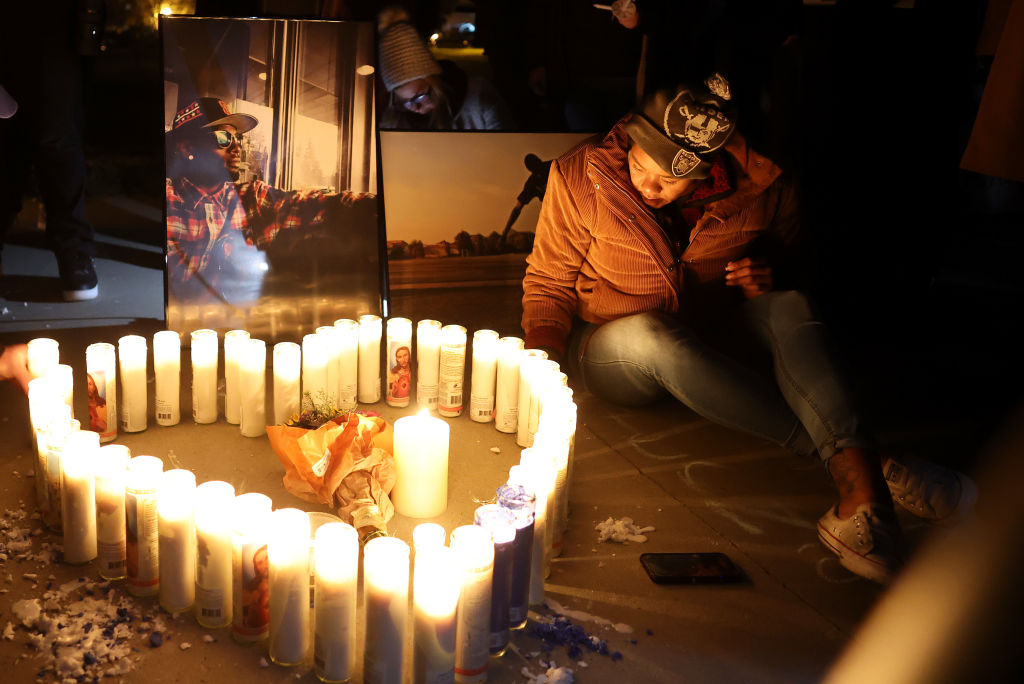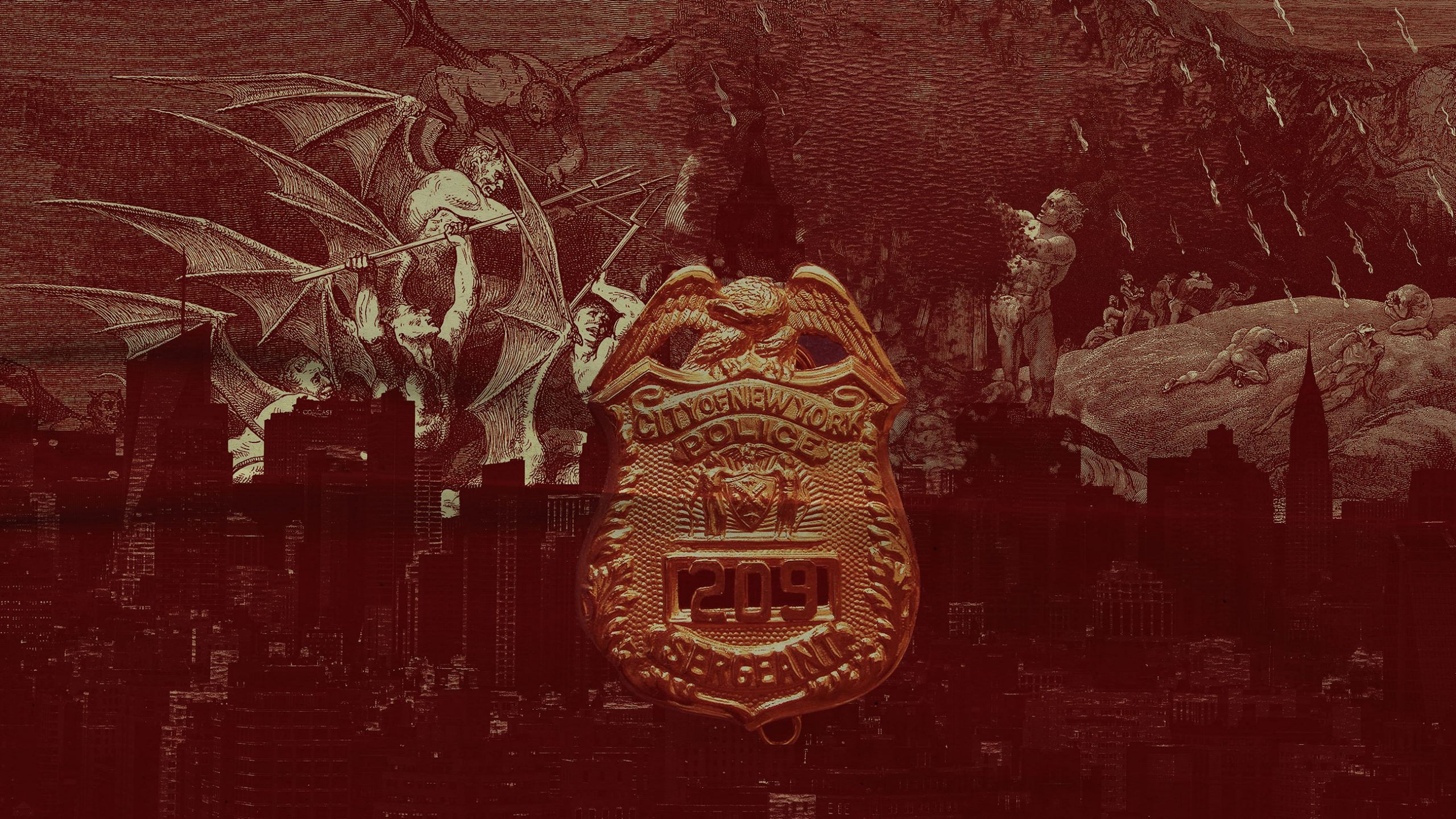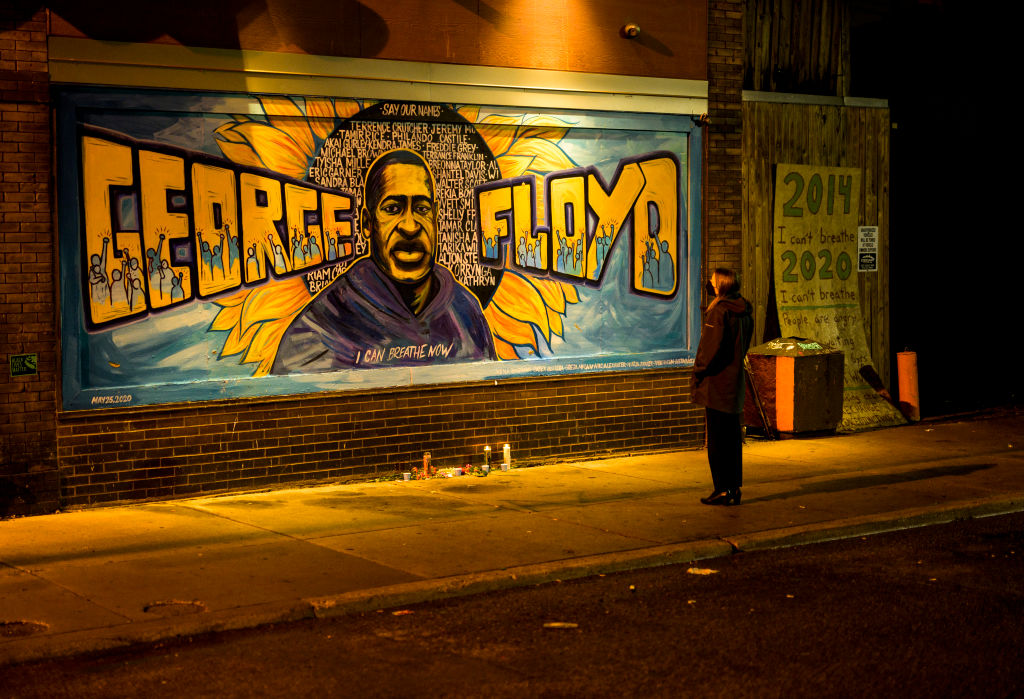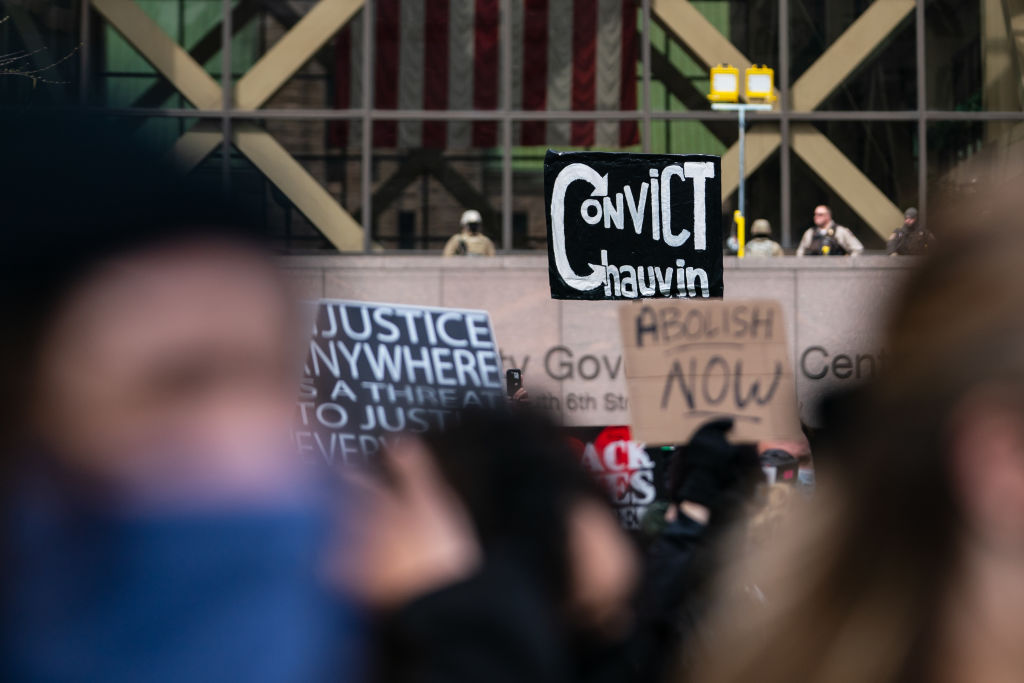Progressive posturing in NYC creates a standard of savage permission.
Blaming White Racism

The killing of Tyre Nichols is a horrific continuation of American black-on-black crime.
Many commenters on the Left have situated the arrest of Tyre Nichols—the black man who was evidently beaten to death by five Memphis police officers, also black—as a racial issue. White supremacy, they say, does not require the presence of white people to effect its ugliness, because black people—especially those working in a structurally racist institution such as policing—internalize the racist attitudes of whites. There is, according to these pundits, a close parallel between the Nichols case and other abuse cases involving white cops and black victims, because many blacks absorb racist views about blacks and enact them against their own race as enforcers of white supremacy.
It makes more sense to interpret the beatings that resulted in this young man’s death as another case of black-on-black crime. Those five black police officers constituted a gang of thugs which unleashed its viciousness against an innocent victim. This is the trauma many blacks in inner cities suffer every day from the gang members who prey on their neighborhoods.
Blacks targeting other blacks for murder is the most systemic form of racial profiling that exists in the U.S. today. Black-on-black crime is a national security disaster and risk. It betrays a deep current of black self-hatred that expresses itself in homicidal rage turned largely against black people.
According to the U.S. Department of Justice, the offending rate for blacks (the number of blacks who commit homicide as a percentage of the population) was almost eight times higher than that for whites, and the victim rate six times higher. Most homicides were intraracial, with 84 percent of white victims killed by whites, and 93 percent of black victims killed by blacks.
Racial profiling of blacks by other blacks is systemic and pervasive in the black community. One hears it in the music where the black gang lifestyle, murders, sexploitation, explicit and graphic sexual depictions of blacks, drugs, and violence are routinely celebrated and consumed in the black community. There is, as far as I can tell, no other aesthetic analogue in any other culture—not where members of a race or ethnicity celebrate and encourage each other to murder their own kind, hyper-sexualize each other, and sell, steal, and consume drugs; not where a lifestyle predicated on the degradation of one’s in-group is a constitutive feature of the culture.
During an appearance on Meet the Press on Sunday, January 29, 2023, Ohio Congressman Jim Jordan lamented the beating death of Nichols at the hands of the five Memphis police officers. Speaking with host Chuck Todd, the Republican legislator stated, “I don’t know that there’s any law that can stop that evil that we saw,” before adding, “but no amount of training’s going to change what we saw in that video.”
Jordan has been criticized for being offensive and insensitive in saying that. But perhaps he has a point. Evil cannot be legislated away. It can be punished when it violates the rights of others, but the brokenness and the evil that those officers carry within themselves are rooted deeply. They maliciously executed a beating they knew could kill a slightly built man. No law, at least not in a free society, can uproot the aesthetic debauchery or the moral and spiritual bankruptcy of the black community in the United States.
It is not the case, of course, that black American culture has to be this way, nor that it always has been this way. This cultural indigence derives largely from the way that leftists have resolutely made excuses for the worst outcomes for African Americans, insisting that all of it was a result of and reaction to white racism. Everything good and wholesome about black life—the sense of mutual aid, bettering one’s station, and the importance of family and marriage—was denigrated as a kind of false consciousness. Brutish misery was promoted as black authenticity.
Perhaps Jim Jordan was speaking elliptically, for he knew that if he spoke openly he might be rebuked and censured. Yes, of course there are good black police officers who have emerged from a broken and bankrupt culture; one cannot steep oneself too deeply in stereotypes. But stereotypes hold some degree of truth to them. The gang that killed Tyre Nichols derives from a bereft culture, a culture where blacks seem to be represented everywhere, where white supremacy penetrates every sphere of public and private life. But laser focused attention needs to be aimed at a parallel society existing concurrently in the USA.
When we speak of black American culture today, we are talking about a culture that is broken, bereft of values, moral heft, and sustained leadership. It is self-destructing. It is a thug culture that contributes little of any intellectual, aesthetic, or moral value to the world at large. The gang of five police officers who killed Tyre Nichols are the most eloquent manifestation of its ethos.
When asked what comes to mind when we think of black culture in America today, many of us would rather not say, because the answers are stark, dark, and devoid of much we would care to pass on to future generations. So we should not be surprised that thugs dressed in uniforms are no different than the ones with their pants hanging low below their waists who roam the streets terrorizing innocent citizens.
Congressman Jordan is correct. There might not be any laws to eradicate the evil depicted in the video showcasing the killing of Tyre Nichols. There are, however, radical solutions that can be entertained; solutions our society may rather not be ready to consider and implement. They might ask us to ponder the question of who gets let into the future, and who remains outside the realm of admission into civilized society.
The American Mind presents a range of perspectives. Views are writers’ own and do not necessarily represent those of The Claremont Institute.
The American Mind is a publication of the Claremont Institute, a non-profit 501(c)(3) organization, dedicated to restoring the principles of the American Founding to their rightful, preeminent authority in our national life. Interested in supporting our work? Gifts to the Claremont Institute are tax-deductible.
Elected law enforcement officers are more responsive and highly trusted.
We knew it all along that Officer Chauvin did not murder George Floyd.
The Justice Department’s blatant politicization of the law.
An appeal in the George Floyd case could spark a new round in the national conversation on race.
The U.S. needs to support domestic drone production.






